Parents sue IVF clinic after birthing wrong baby
Mother says memory of birth ‘tainted by sick reality’ of having delivered child that was ‘not mine to keep’
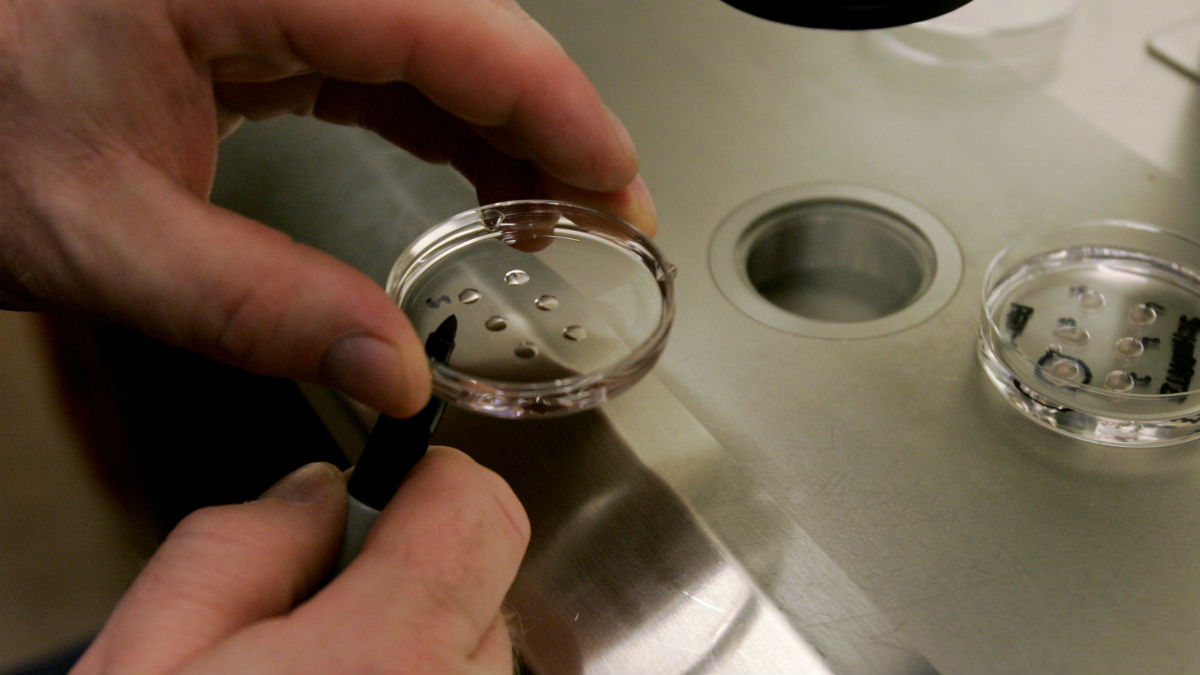
A free daily email with the biggest news stories of the day – and the best features from TheWeek.com
You are now subscribed
Your newsletter sign-up was successful
A couple who discovered they were raising someone else’s child months after giving birth are suing a fertility clinic for malpractice.
Alexander and Daphna Cardinale filed the lawsuit after discovering that the California Center for Reproductive Health had “mixed up their embryo with one belonging to another set of parents”, The Independent reported. Each embryo was “mistakenly implanted” into the wrong woman during the in vitro fertilisation (IVF) treatment.
Daphna told People magazine that she had shrugged off her husband’s suspicions after giving birth in September 2019 to a girl who “looked really different than us”. The baby “felt so familiar to me because I carried her and I birthed her”, she said.
The Week
Escape your echo chamber. Get the facts behind the news, plus analysis from multiple perspectives.

Sign up for The Week's Free Newsletters
From our morning news briefing to a weekly Good News Newsletter, get the best of The Week delivered directly to your inbox.
From our morning news briefing to a weekly Good News Newsletter, get the best of The Week delivered directly to your inbox.
Her husband remained concerned, however. “If we hadn’t done IVF, I would’ve just chalked [the lack of resemblance] up to genetics,” he said. “She just looks how she looks. No big deal. But because we’d done IVF, my brain started going to the dark place.”
Determined to “finally put an end to everyone's questions”, Daphna decided to take a home DNA test – and “finally learned the truth”, the magazine reported.
“We got an email that basically said that she was genetically related to neither of us,” Alexander recalled. “That’s when our world started falling apart.”
The Cardinales “found themselves in the agonising position of fearing they would lose their new daughter”, said The Independent, while “aware that there might be a biological child of theirs somewhere out there”.
A free daily email with the biggest news stories of the day – and the best features from TheWeek.com
According to the couple, the clinic contacted their attorney days later to report that their embryos had been mixed up in the lab. And a couple who had given birth to their own daughter had been tracked down.
Following further DNA tests, the two couples “decided to swap the girls”, who were then about three months old, said the BBC.
“Our memories of childbirth will always be tainted by the sick reality that our biological child was given to someone else, and the baby that I fought to bring into this world was not mine to keep,” Daphna told a news conference yesterday.
“Instead of breastfeeding my own child, I breastfed and bonded with a child I was later forced to give away,” she said, but “added that the incident has been hardest” for their other daughter, now aged seven, who had struggled to understand the swap.
The couple are seeking damages from the fertility clinic and its owner for medical malpractice, negligence and fraud.
How does IVF work?
During IVF, a woman’s eggs are fertilised by man’s sperm in a laboratory before the embryos are implanted into a woman's uterus. It is one of several techniques available to help people with fertility problems have a baby.
The treatment can be costly. According to the NHS website, one cycle of the procedure “may cost up to £5,000 or more”.
Other mix-ups are alleged to have occurred during IVF procedures. In 2019, a New York City couple sued another LA-based fertility clinic “after they unknowingly carried two other couples' boys to term”, said Insider. “The babies, thought to be twins, did not appear to be Asian like the couple, and it turned out they weren’t biologically related to them or to each other.”
The couple, who had spent years trying to conceive, “relinquished the babies to their respective biological parents”.
-
 One great cookbook: Joshua McFadden’s ‘Six Seasons of Pasta’
One great cookbook: Joshua McFadden’s ‘Six Seasons of Pasta’the week recommends The pasta you know and love. But ever so much better.
-
 Scientists are worried about amoebas
Scientists are worried about amoebasUnder the radar Small and very mighty
-
 Buddhist monks’ US walk for peace
Buddhist monks’ US walk for peaceUnder the Radar Crowds have turned out on the roads from California to Washington and ‘millions are finding hope in their journey’
-
 Stopping GLP-1s raises complicated questions for pregnancy
Stopping GLP-1s raises complicated questions for pregnancyThe Explainer Stopping the medication could be risky during pregnancy, but there is more to the story to be uncovered
-
 Choline: the ‘under-appreciated’ nutrient
Choline: the ‘under-appreciated’ nutrientThe Explainer Studies link choline levels to accelerated ageing, anxiety, memory function and more
-
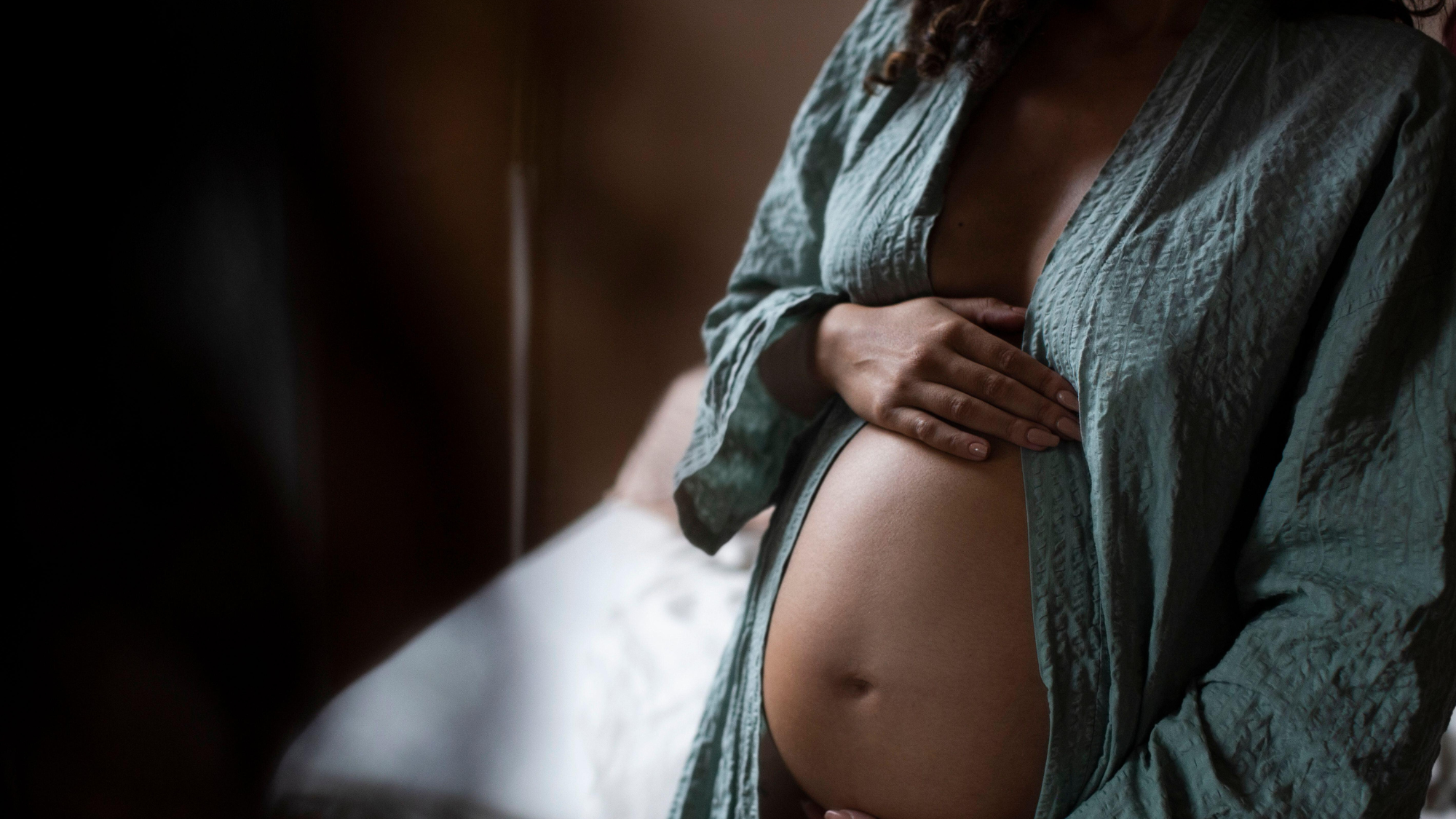 The controversial Free Birth Society
The controversial Free Birth SocietyThe Explainer Influencers are encouraging pregnant women to give birth without midwife care – at potentially tragic cost
-
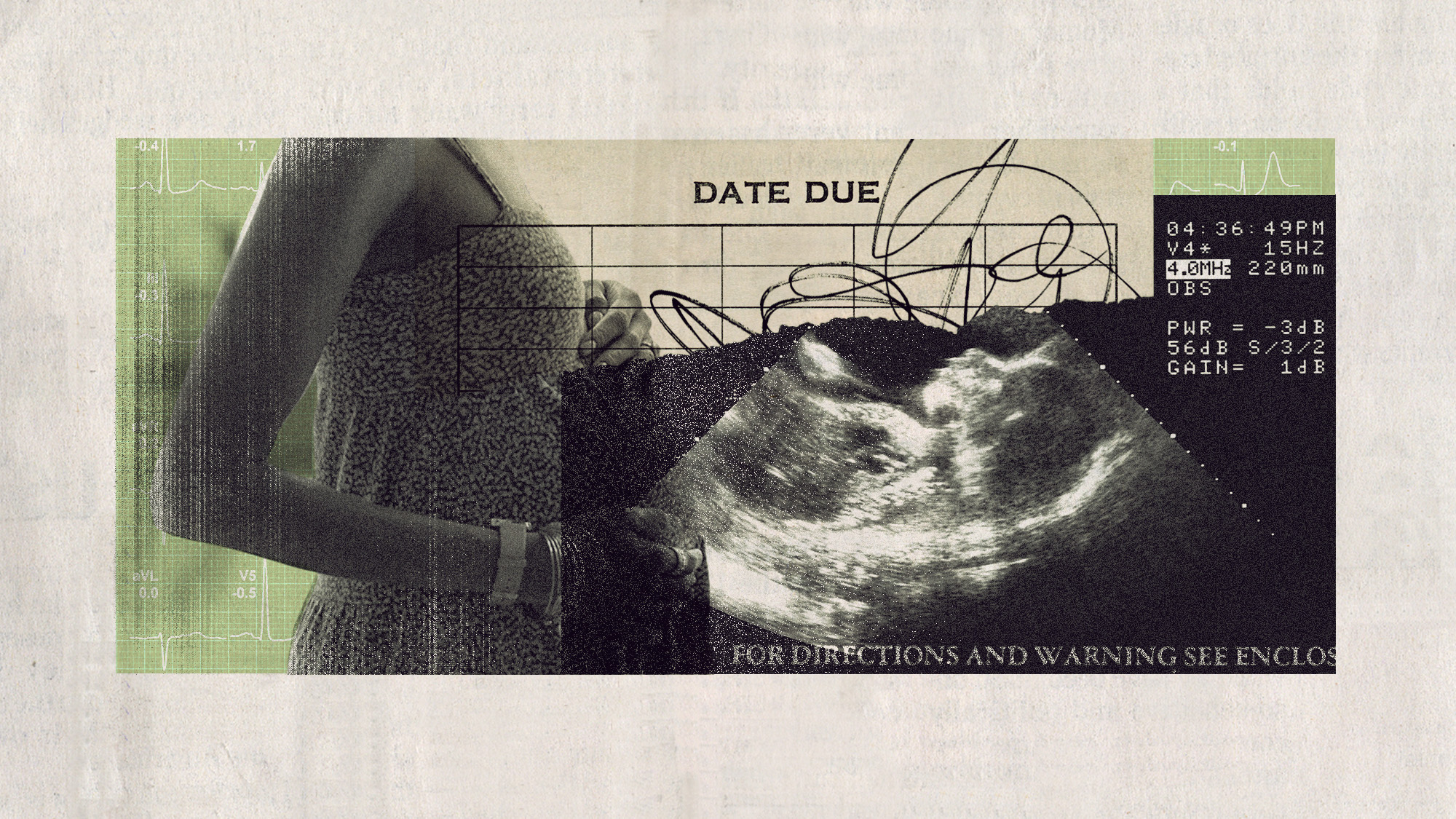 The rise in unregulated pregnancy scans
The rise in unregulated pregnancy scansUnder The Radar Industry body says some private scan clinics offer dangerously misleading advice
-
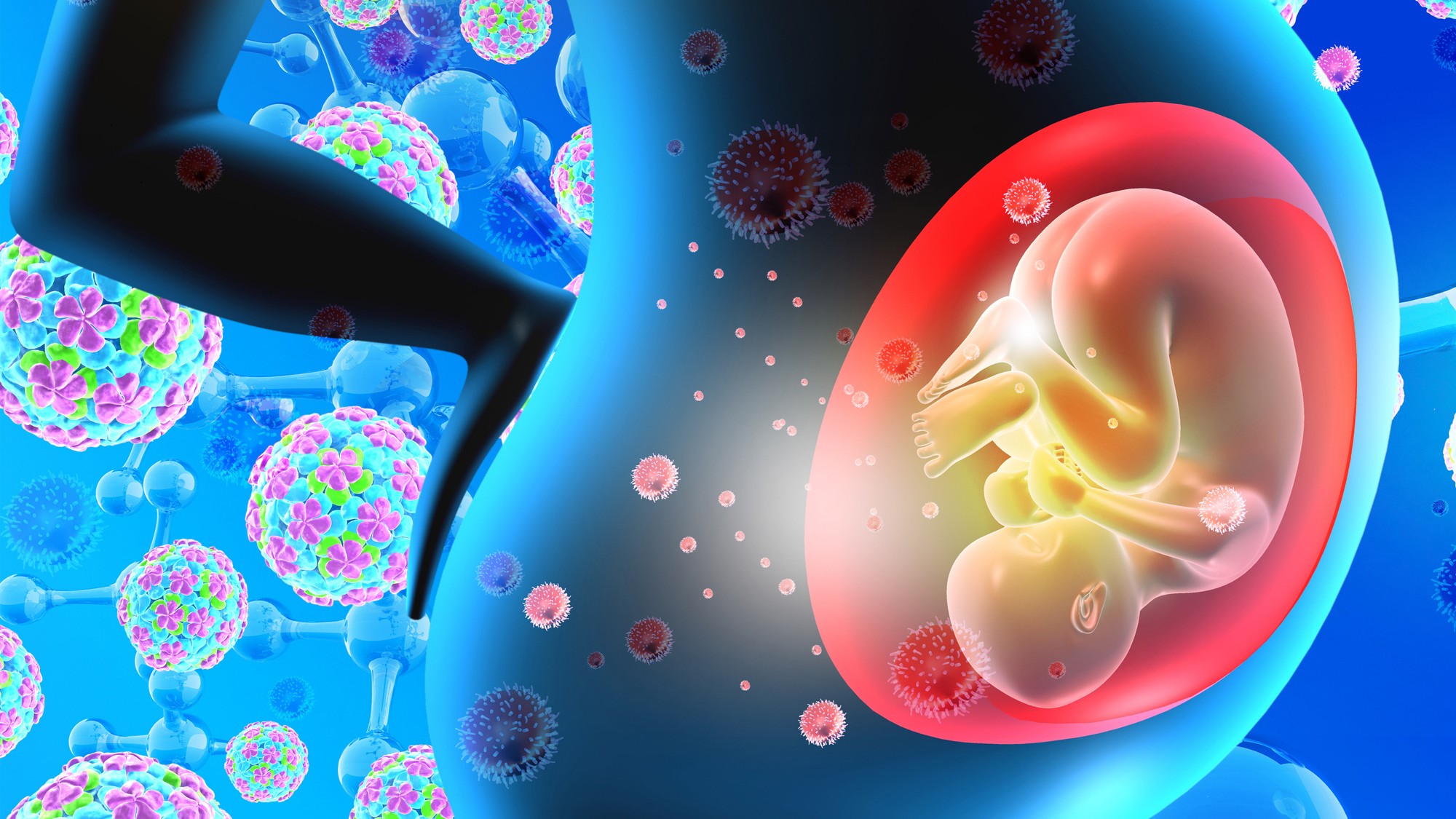 Cytomegalovirus can cause permanent birth defects
Cytomegalovirus can cause permanent birth defectsThe Explainer The virus can show no symptoms in adults
-
 RFK Jr. scraps Covid shots for pregnant women, kids
RFK Jr. scraps Covid shots for pregnant women, kidsSpeed Read The Health Secretary announced a policy change without informing CDC officials
-
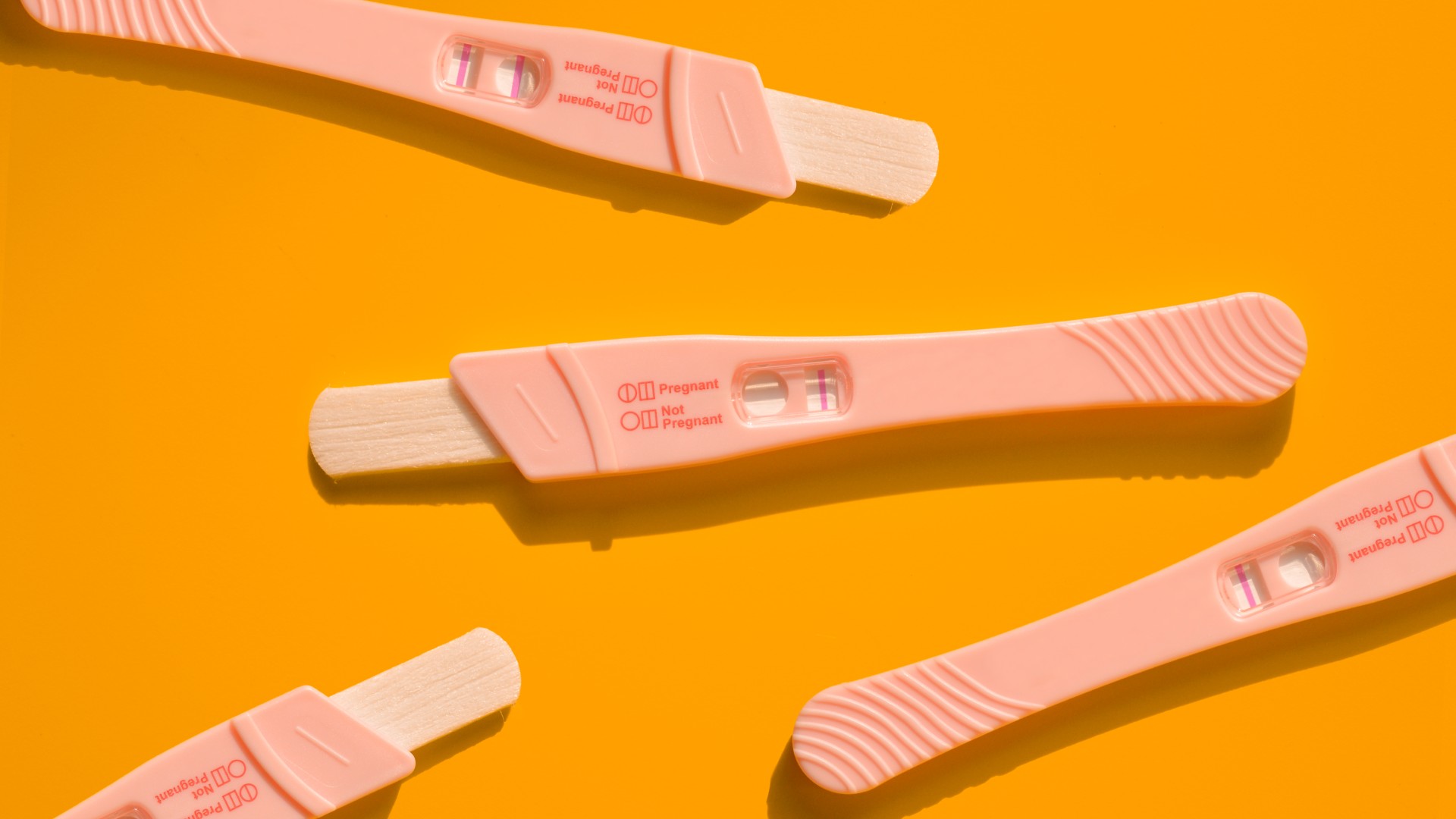 IVM is a better treatment than IVF for some women
IVM is a better treatment than IVF for some womenThe Explainer A less painful, less costly option for treating infertility emerges
-
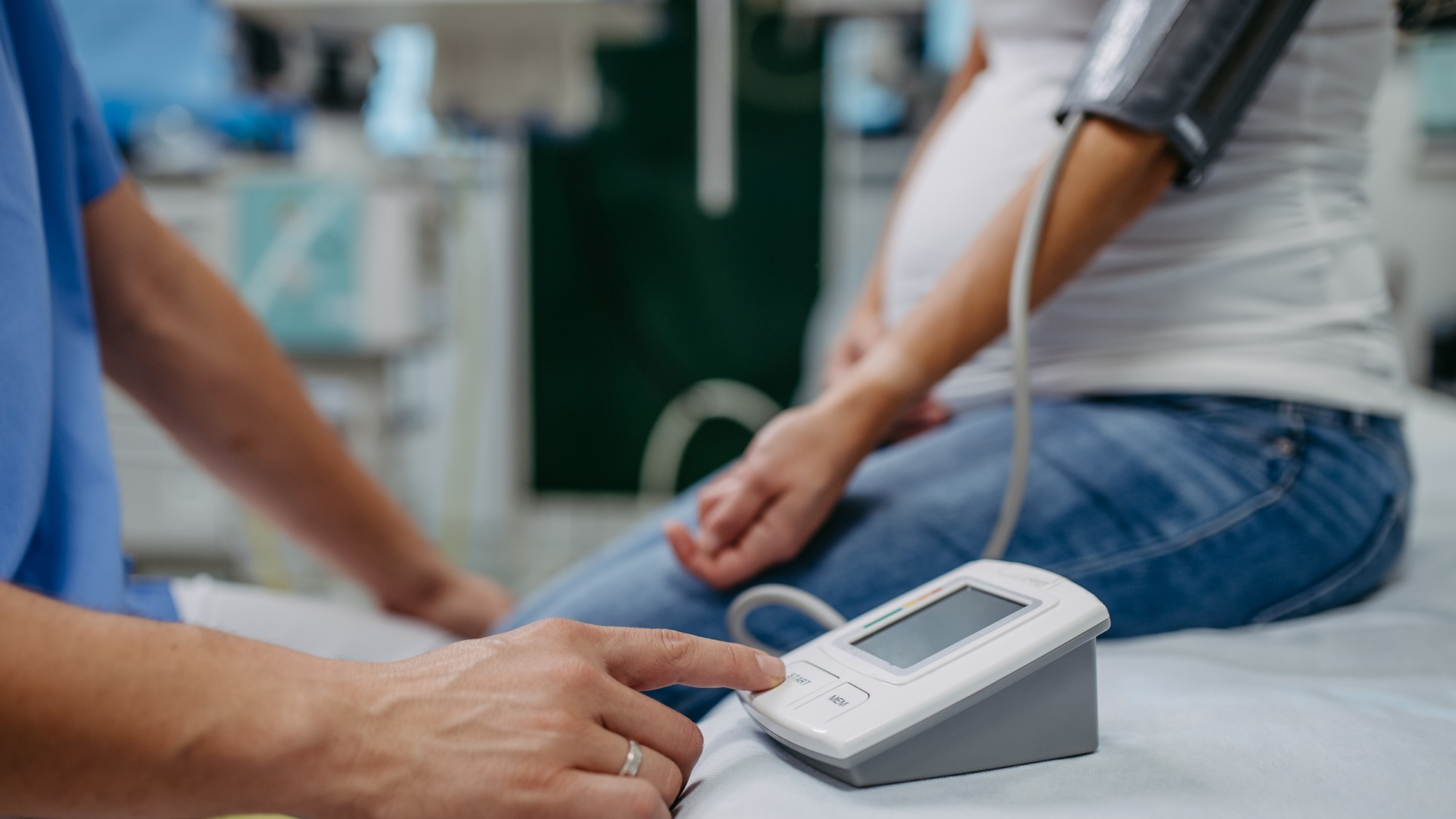 Preeclampsia: The dangerous pregnancy condition is affecting more women
Preeclampsia: The dangerous pregnancy condition is affecting more womenUnder the Radar The condition of preeclampsia is on the rise and can be deadly if left untreated